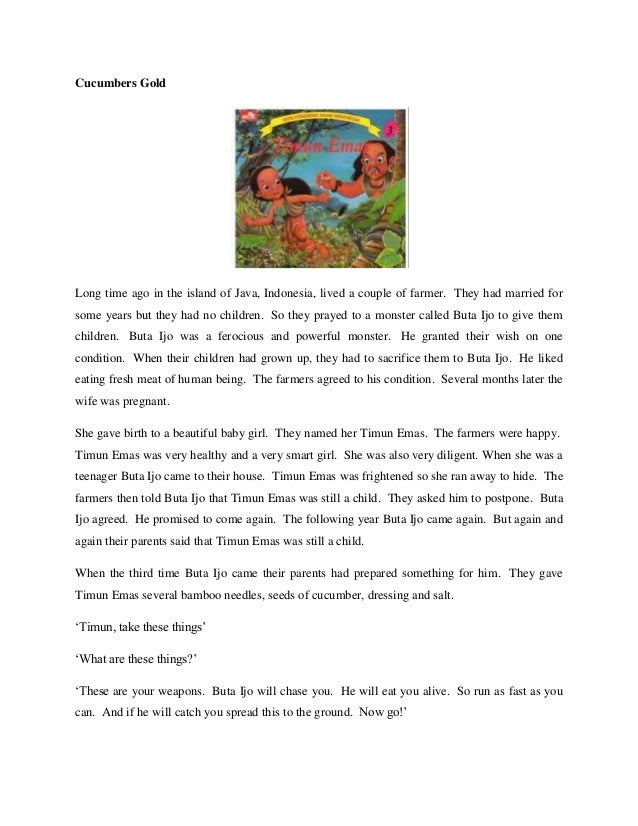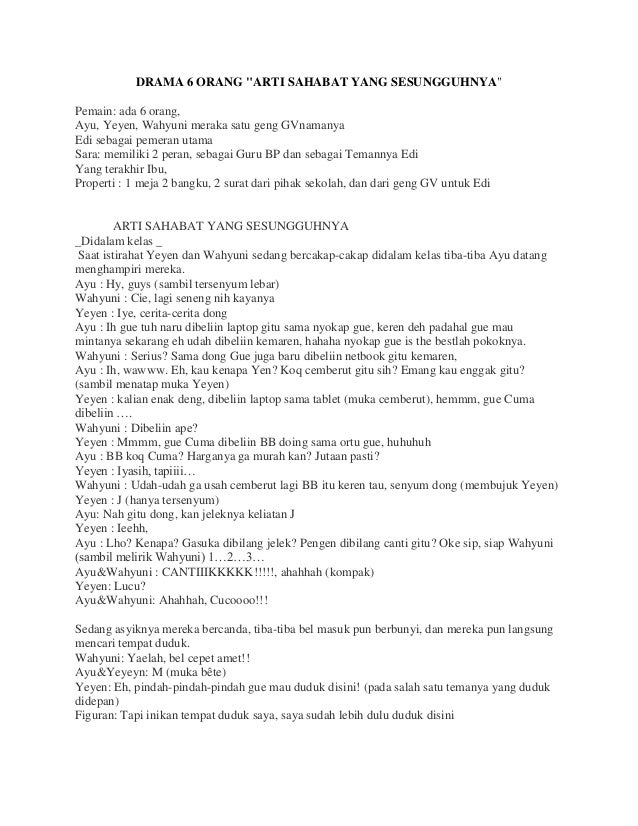


The idea that the word was invented by early missionaries may have come to me from a Sikkanese informant or from someone in the Church in Sikka.

While it is true that the Catholic deity is called amapu in Sara Sikka, the origin of the word is less certain than I made it out to be. Reviewing an encyclopedia entry on the people of Sikka I co-authored in 1993, I found this bald statement: ‘The Catholic deity is called amapu, a term invented by early missionaries meaning “source father” or “father of generations” ’ (Fox and Lewis 1993:22). Compounded from two common Sikkanese words, but with a meaning and connotations distant from both, the word was amapu and it denoted the Christian God. A report on Indonesia’s Jesuit missions for 1903 shows only 8,994 native Catholics in ‘Central Flores’ (Steenbrink 2003:461), a number that would have been a fraction of Sikka’s population at the turn of the twentieth century.Īt some time, most likely between the arrival of the first Portuguese in the eastern Lesser Sunda Islands and 1873, a new word entered the lexicon of Sara Sikka, the language of Sikka. While the people of the village of Sikka converted quite early, the communities of the largest part of the raja’s realm were slow to accept Catholicism. Whether or not this date is accurate, the rajas and their rule were closely associated with the Church from the seventeenth century. The people of the village of Sikka, the old seat of the raja of Sikka, date their conversion to Christianity to the mid-sixteenth century. While the Portuguese established trading stations whose residents included Catholic priests, intensive missionary incursions into Flores began only after Portugal ceded the eastern Lesser Sunda Islands to the Netherlands by the Treaty of Lisbon of 1859. Lucia at Sikka, ‘meer dan 1000 zielen ’ consecrated to the Christian faith (Visser 1925:291). 2 Ships travelling between the settlements at Larantuka and Ende must have occasionally put into shore at the village of Sikka where, by 1598, there were, in the parochie (parish) of St. Flores), op Bima = Soembawa op Soemba en Groot Sawoe = Sawoe’. According to one report, there ‘waren in de jaren tusschen 1561 en 1575 nog staties gesticht te Krove (N. Nevertheless, their presence left traces on the north coast of the contemporary regency of Sikka at a place designated on early maps as ‘Krove’. The inhospitable north coast of east central Flores was of less interest to them. By the early seventeenth century, they had established themselves on the south coast to the west of Sikka at Ende, where they raised a fort in the 1560s. Harassed by the Dutch, the Portuguese moved to Larantuka at the far eastern verge of the island of Flores. 1 The Portuguese established a base on the island of Solor and, from there, directed their attention largely toward Timor.

Kenneth Burke, The Rhetoric of ReligionĬatholicism arrived on the island of Flores in the eastern Lesser Sunda Islands in about 1520, carried in the minds of Portuguese traders, soldiers, and priests in search of spices, sandalwood, and souls for Christ. regardless of whether the entity named “God” exists outside his nature sheerly as key term in a system of terms, words “about him” must reveal their nature as words. Keywords: ethnology ethnology of Flores eastern Indonesia Christianity in eastern Indonesia


 0 kommentar(er)
0 kommentar(er)
